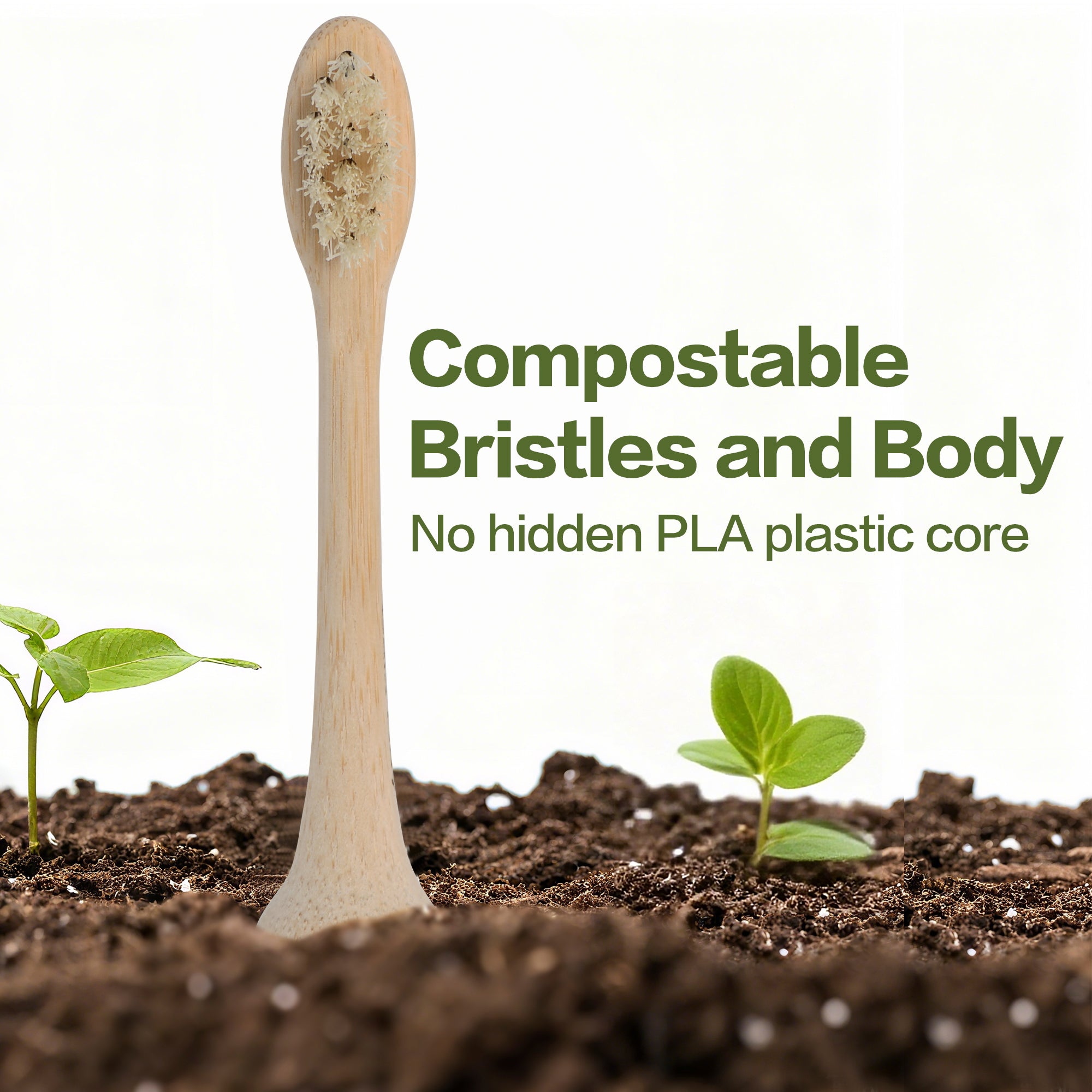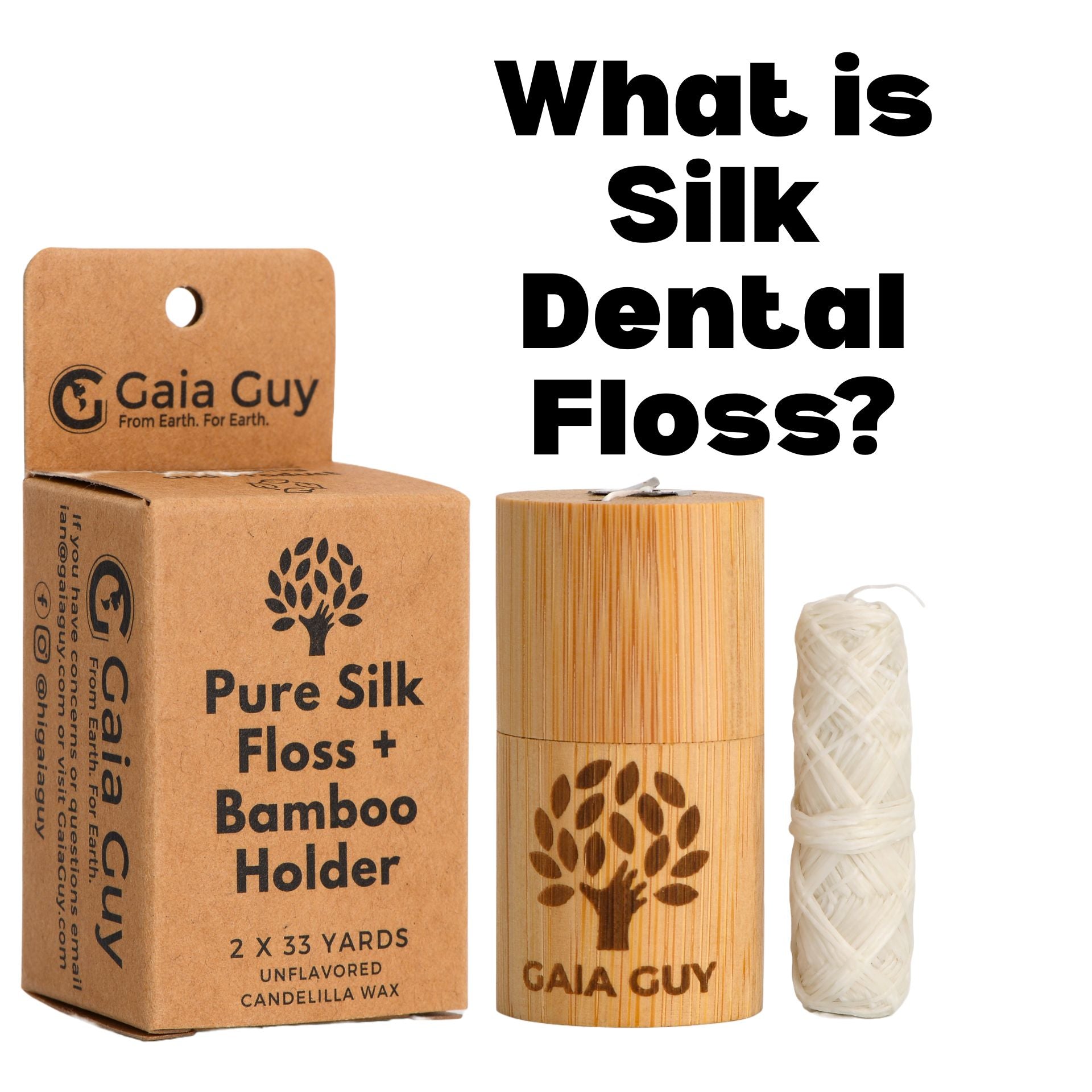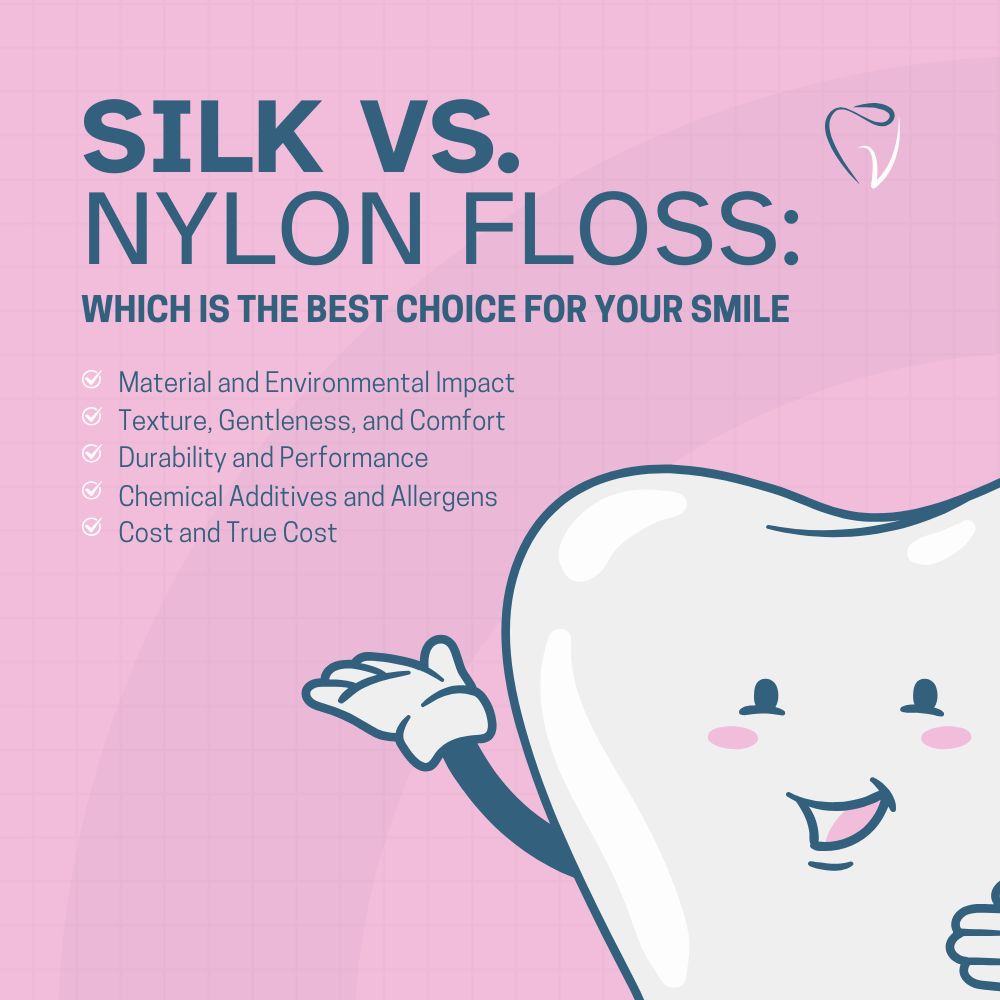
As you embark on your journey towards a sustainable lifestyle, you may be scratching your head, wondering how to make changes to your daily routine that can support the cause. It can be challenging to know where to start, but one area you can focus on is your oral hygiene - specifically, your toothbrush.
Have you ever considered boar bristle toothbrushes as a replacement for plastic toothbrushes? Let go over some rather convincing reasons why we all should.
Firstly, let's talk about the environmental impact of plastic toothbrushes. Plastic toothbrushes take over 400 years to decompose (creating microplastics), and unfortunately, most of them end up in landfills or oceans, causing damage to the environment and wildlife. This reason alone could be an essential enough reason to make the switch to a more sustainable option.
Let's take a look at a brief history and how bamboo and boar bristle toothbrushes are better than plastic ones below.
Boar bristle toothbrushes have been around for centuries and are making a comeback as people become more environmentally conscious. The bamboo and boar bristles are sourced in China which is the largest producer of these types of bristles, not to mention bamboo too. The bristles are sterilized with hot water and do not cause any harm to the animal. These bristles are used in a lot of different brushes and are generally a byproduct of the meat industry. This is truly zero waste as it makes wise use of organic waste that would have otherwise generated methane in a landfill, or CO2 in an incinerator.
The main point is that both the handle and bristles are 100% biodegradable and compostable, making them a great choice for the zero-waste movement. Other bamboo charcoal bristle toothbrushes are actually made with nylon or a bioplastic which isn't biodegradable nor compostable.
There are concerns that boar bristle toothbrushes may be stiff and that the bristles may break while brushing. However, the bristles are soft enough (and tend to soften with use) not to damage your gums and are less abrasive on tooth enamel compared to nylon bristles. They are also durable and effective at removing plaque and preventing bacterial buildup. By gently brushing your teeth, the bristles should not come off.
That said, there is a chance that some boar hair toothbrush bristles will break and come off in your mouth. It is a bit annoying, but a small price to pay for the huge environmental benefit that boar bristle toothbrushes provide. Most of the great reviews for Gaia Guy bamboo and boar bristle toothbrushes can attest to that. Scroll down to read reviews here.
Now, let's talk about proper care. Just like any toothbrush, proper care of your boar bristle toothbrush is essential to keep it hygienic and bacteria-free. Soak the brush's head in boiling water for 10-15 minutes before the first use to soften bristles. After brushing, run the bristles through hot water for 30 seconds and let it completely dry. It is best to store your toothbrush in a less humid environment, so not in the bathroom and not in a medicine cabinet as that can be quite humid indeed. Keeping them in a cup can allow moisture to affect the bamboo handle too so try to keep them dry from top to bottom to stop any mold growth.
To sum up, boar bristle toothbrushes are a great alternative to plastic toothbrushes. They are biodegradable, effective at cleaning teeth, and gentle on gums. With proper care, they can last just as long as nylon toothbrushes. Make the switch to a natural bristle toothbrush to support your zero-waste lifestyle and help the environment!
1. Are toothbrush bristles made of pig hair? Not entirely! While some toothbrushes, particularly those marketed as "natural" or "boars bristle," utilize hair from wild boars or domestic pigs, most toothbrushes today use synthetic nylon bristles.
2. Are boar bristles good for teeth? Yes, they are great and here is why.
Gentler: Boar bristles are naturally softer than nylon, making them suitable for sensitive teeth and gums.
Massaging: Some users find the bristles feel more stimulating and provide a gentle massage for the gums.
Biodegradable: Unlike nylon, boar bristles are natural and compostable, reducing environmental impact.
3. What is pig hair used for? Besides toothbrushes, pig hair has various applications:
- Paint brushes: High-quality brushes utilize pig bristles for their stiffness and ability to hold paint well.
- Shaving brushes: These brushes create a rich lather and gently exfoliate the skin.
- Upholstery and furniture: Pig hair can be woven into fabrics for upholstery and furniture due to its durability and texture.
- Musical instruments: Certain string instruments like bows for violins and cellos use pig hair for their sound quality.
- How long do boar bristle toothbrushes last? With proper care, they can last 3-4 months, which is shorter than the typical 3-6 months of nylon brushes. The bristles can soften and lose their effectiveness over time, requiring earlier replacement.
Ultimately, the choice between boar bristle (add silk floss to really show you care about your health) and nylon toothbrushes comes down to your individual needs and preferences. Consider your brushing habits, dental sensitivity, and environmental concerns when making your decision.










